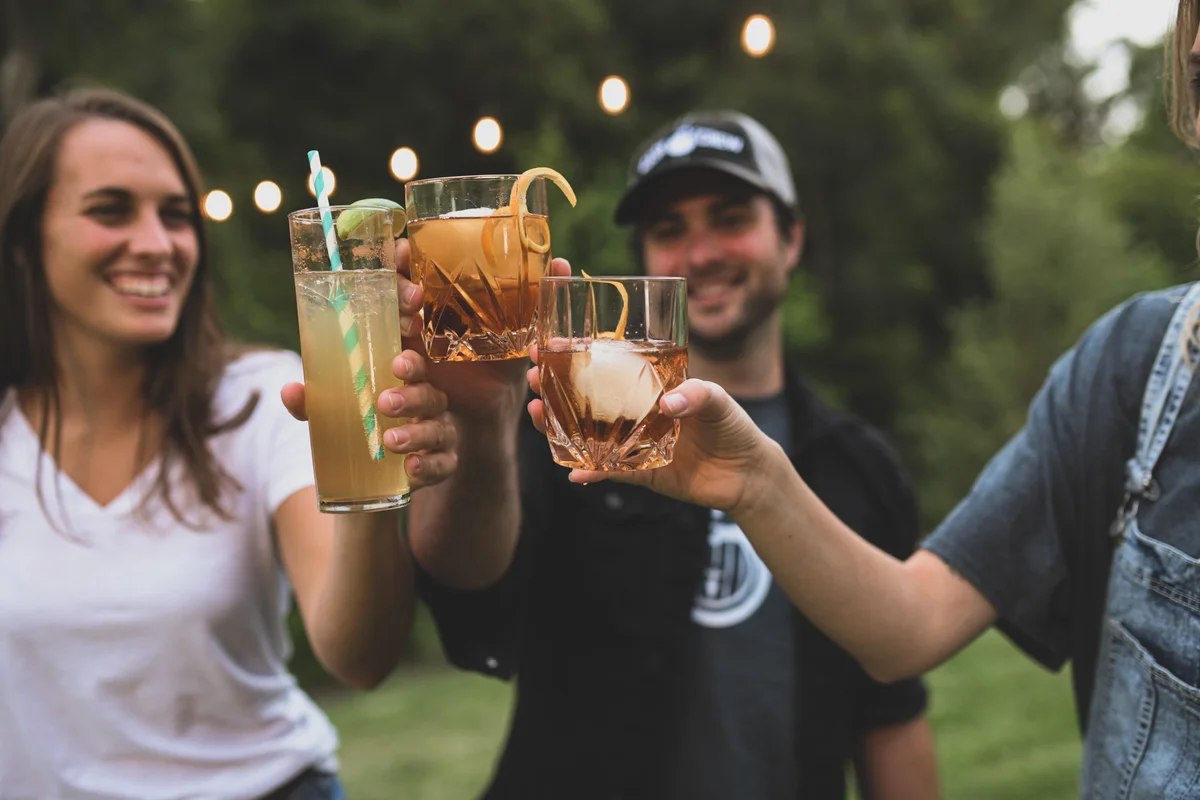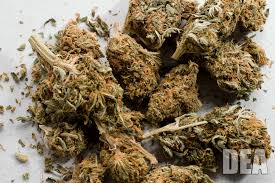41Views

No matter if it’s at a happy hour or attending your friend’s birthday, there are various ways of socializing without alcohol. This might involve trying out new hobbies like photography or gardening; spending time with friends; or exploring your curiosity further.
Alcohol alternatives are designed to provide a healthier buzz without the negative side-effects associated with alcohol consumption, and may help to reduce consumption by acting upon the GABA neurotransmitter system.
1. Start a New Hobby
No matter a person’s goal of sobriety, health, or simply exploring new experiences – there are numerous ways for them to enjoy socializing without alcohol. Activities may include exploring flavorful mocktails, engaging in mindfulness practices, exploring creative passions through arts & movement, staying physically active through sports & movement activities and building meaningful connections.
Doing away with alcohol not only benefits physical health and alleviates hangovers, but can also create a sharper mind. Without its distracting presence in social situations, people become more present and can develop deeper relationships with friends and family members.
Alcohol alternatives are becoming an increasingly popular market, both at home and in restaurants and bars. Brands have developed various alcohol-free drinks that replicate the look and taste of traditional alcoholic drinks – these range from low-calorie sparkling water and flavoring syrups to ginger beer and craft mocktails to provide customers with options tailored specifically to their preferences.
2. Spend Time With Your Friends and Family
No matter if it’s for health reasons or simply trying to limit its harmful side effects, alcohol doesn’t have to be an obstacle when socializing – you can still create new connections and experiences through activities that don’t revolve around alcohol.
Non-alcoholic drinks and mocktails have become an increasingly popular way for individuals to unwind without experiencing the adverse physical and psychological effects associated with alcohol consumption. Many bars and restaurants now provide alcohol-free options that can be customized with various flavors, herbs, and syrups to meet individual taste preferences.
Community centers, fitness clubs, and art galleries often host events that do not center around alcohol. These socializing opportunities focus on shared interests such as sports or art while supporting a positive and healthful lifestyle. Furthermore, such experiences provide you with the chance to build stronger networks of support from individuals who understand the challenges involved in overcoming substance abuse; something which can be particularly helpful during difficult periods in your life.
3. Pursue Your Curiosity
Drinking has long been an integral component of many social occasions, but that doesn’t have to be the case. There are plenty of enjoyable and fulfilling social lives without alcohol; from tasting flavorful mocktails and engaging in mindfulness activities to discovering creative passions – there are endless possibilities for connecting with people and experiencing meaningful experiences!
Sober curious movement has also seen growth for various reasons, including increased awareness of mental health issues, an emphasis on wellness and self-care practices, and an interest in creating more genuine social interactions.
No matter the reason for reducing or discontinuing alcohol consumption altogether, the sober curiosity movement provides an effective means of shifting one’s relationship with alcohol in a healthy direction and exploring how it affects both physical and mental health. Make a choice that feels right to you; although sobriety might not necessarily follow in its wake.
4. Get Outdoors
Alcohol can have negative impacts on mental health, worsening feelings of anxiety and depression. But the world offers numerous activities that promote wellbeing without alcohol – expanding your social circle through non-alcoholic drinks and engaging hobbies can enhance relationships while contributing to leading a more healthy lifestyle.
Not only can you meet friends and colleagues for dinner, but you can also spend quality time outside exploring nature’s splendor and taking in its fresh air. Consider joining a sports team or fitness class which provide healthy physical activity while providing a sense of community involvement.
Hobbies that engage creative work are another enjoyable and productive way to socialize without alcohol. Painting, gardening and photography can be satisfying pursuits that encourage mindfulness as well as focus your energy towards something productive and worthwhile. Meanwhile, engaging in physical activities such as dancing and playing games releases endorphins which can boost your mood and help keep the stress away.
5. Join a Sports Team or Fitness Class
No matter your reason for drinking less alcohol – whether sobriety, prioritizing health or taking part in Lent or cleanses – there are enjoyable alternatives available that allow people to socialize without risking hangovers, poor sleep quality or compromised decision-making. Opting for beverages sans alcohol means enjoying social drinking experience while sidestepping potential problems associated with it such as hangovers and impaired decision-making.
Socializing without alcohol also offers an opportunity to explore more healthy and fun activities. Joining a sports team, fitness class or poetry club offers engaging ways to improve overall physical health while creating supportive communities of support. Art hobbies or poetry clubs may also foster more meaningful connections while making memories last forever.
Overall, the best way to navigate a transition from alcohol-centric living to one without alcohol is to focus on building meaningful relationships and exploring activities other than drinking – such as flavorful mocktails, mindfulness practices, creative endeavors and staying active – that don’t involve drinking at all. Doing this may open up new and rewarding ways of unwinding with family and friends alike.



